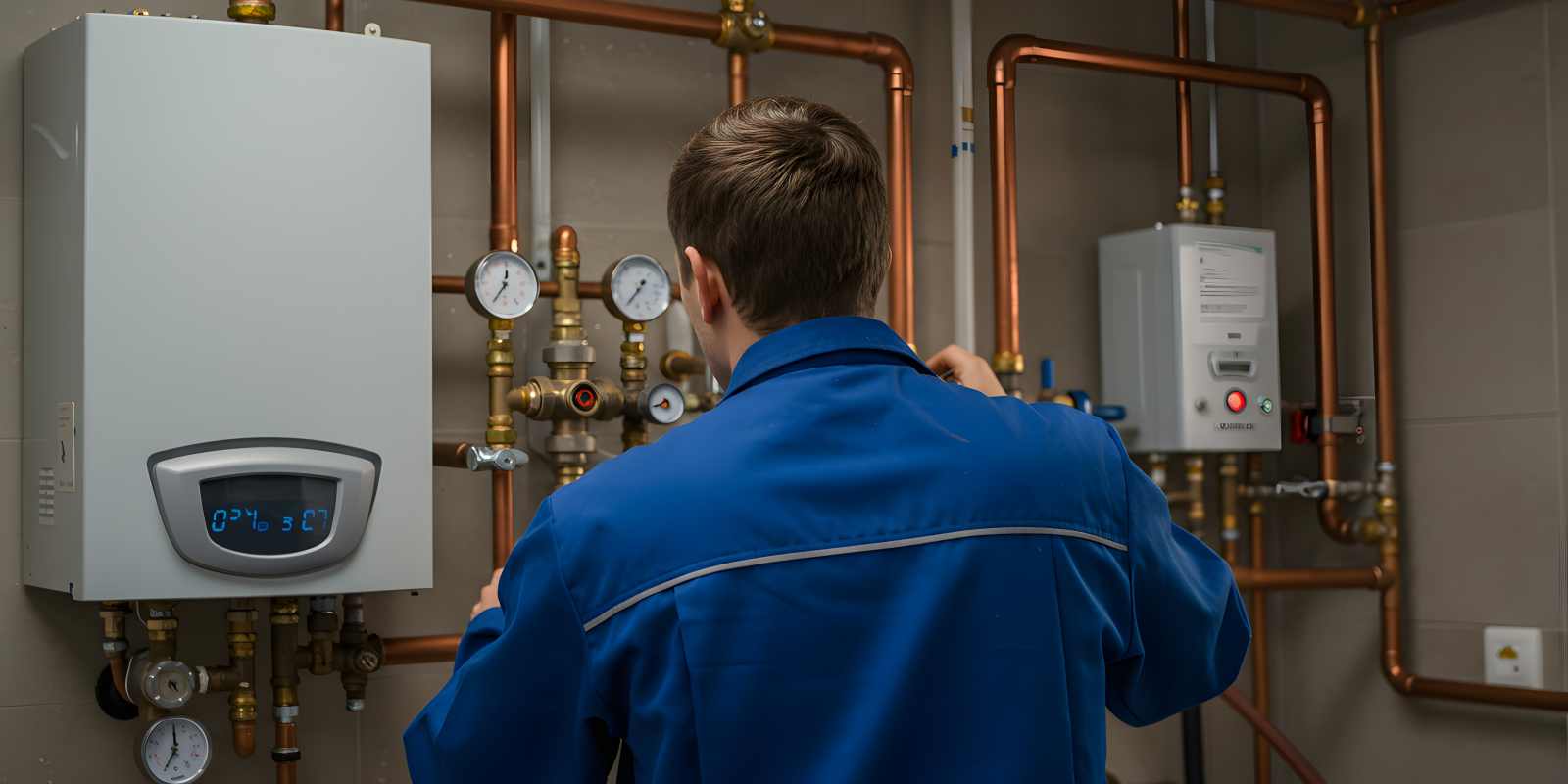We can’t give you an exact number, the general range is between 30% and 40%.
Best humidity levels really depend on the temperature both outside and inside your home. It’s important to understand how humidity works for you to make the best decisions for your home and ensure that your home HVAC systems are working efficiently for you.
How Does Condensation Work?
When warm air meets cooler objects, the excess moisture in the air condenses. If you notice condensation on the outside, that is simply a form of dew.
But if you notice interior condensation, that is an indication of excess humidity in the home and could point to other unseen issues within your home. Normally in the winter, the air inside our homes is a lot dryer than the air outside. This is because heat from your HVAC system dries out the air by burning the water vapor in it.
We can use humidifiers to bring vapor back into the air and prevent it from becoming too dry. But if you notice indoor condensation, it could mean that you’re setting the humidity levels too high.
Why is Low Humidity Bad For Your Home?
Low humidity can lead to the following issues:
- Splits and cracks on wood floors and furniture
- Cracking and chipping of paint
- Dry skin and hair
- Static electricity that can also damage electronics
- Feeling colder than it actually is
- Increased susceptibility to colds and respiratory illness
Solutions to Low Humidity
To maintain comfortable indoor relative humidity, follow these tips:
- Replacing old doors and windows with energy-efficient ones
- Add a humidifier to your HVAC system or use a room humidifier as needed
- Limit opening exterior doors
- Insulate and seal any cracks around doors and windows
Why is High Humidity & Condensation Bad For Your Home?
Excess humidity can lead to several problems, including:
- Cracking or peeling of interior paint
- Growth of mold or mildew on surfaces
- Condensation on windows can roll down to the window frames and lead to mold and wood rot
- Respiratory issues may occur in people suffering from asthma and allergies
Solutions to High Humidity
To maintain comfortable indoor relative humidity, follow these tips:
- Install and use a dehumidifier to remove excess moisture
- Insulate and seal any cracks around doors and windows
- Upgrade an old air conditioner to a newer, more efficient model. AC units are your first line of defense against high humidity levels, especially during the summer.



